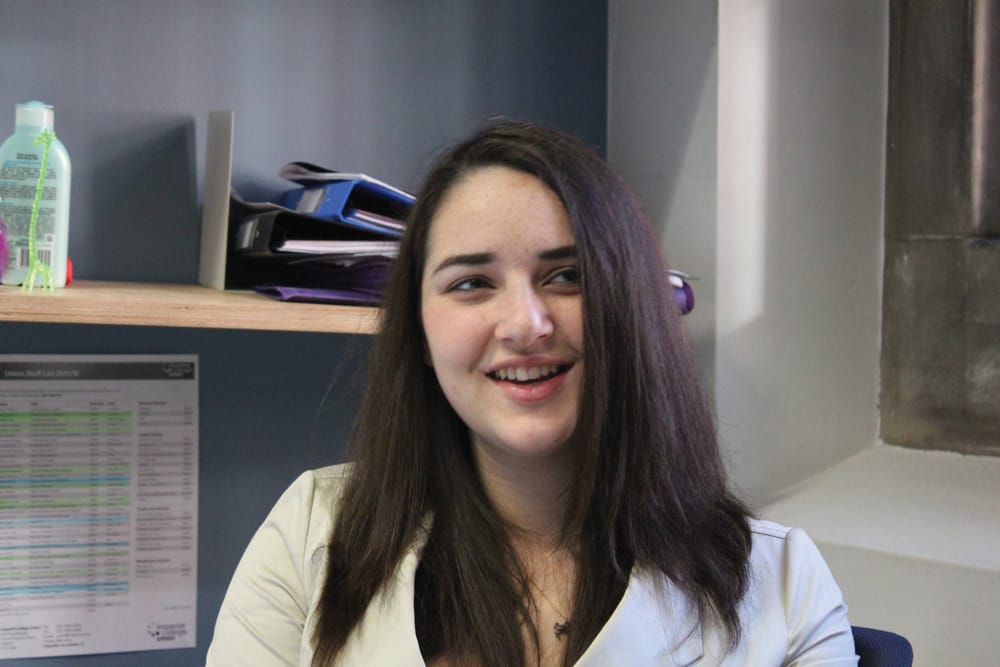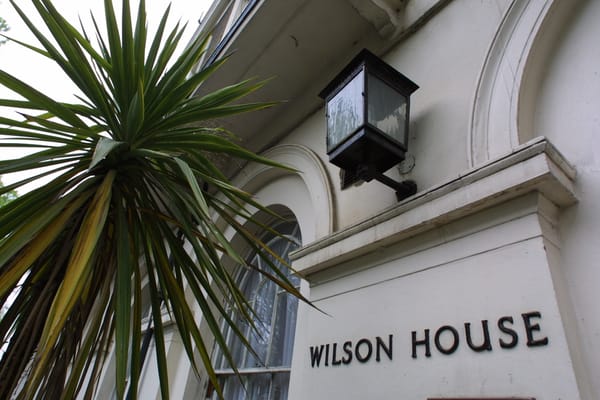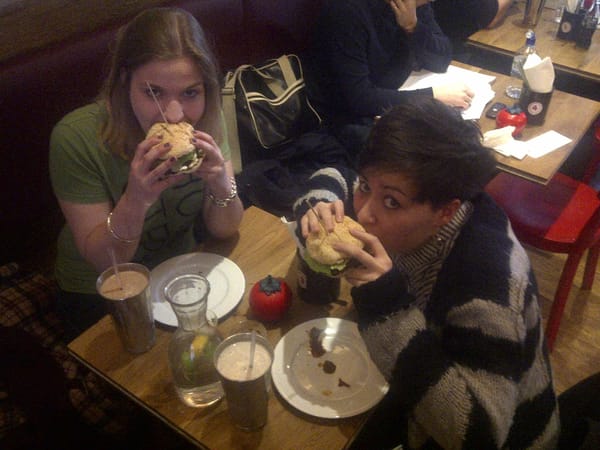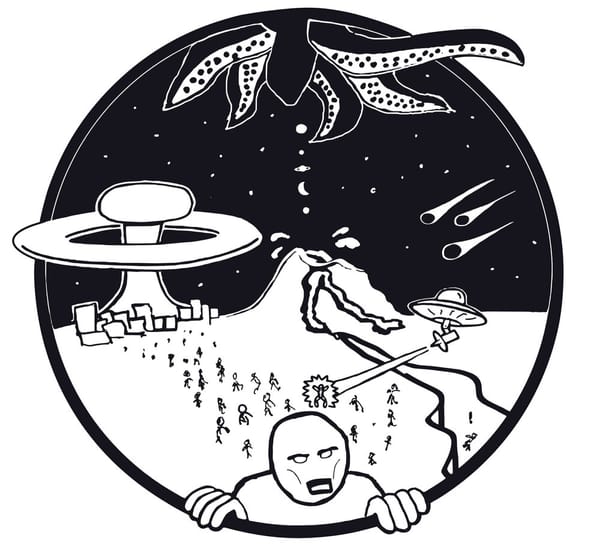Sabbatical Interviews 2012: Deputy President (Clubs & Societies) – Monya Zard
The DPCS speaks on Freshers' Fair and the challenges of having responsibility for over 300 Clubs, Societies & Projects

What have you enjoyed most? Freshers’ Fair! It was a lot of work and was very stressful, but it was definitely the most rewarding experience of the year so far; it was such a huge event and it’s something that you know you have to get right because it’s going to be the new students’ first experience of Student Activities. The reason it’s so rewarding and why I enjoyed it so much was because you have to rely on the fact that volunteers are going be there – that’s not just the club members, but also the Management Groups who come there on the day at 7 in the morning to help you set everything up. It’s stressful because you know you are relying on people who aren’t necessarily paid to do the job they’re doing, but one of the things that makes it so great is that everyone pulls together to make it a fantastic event on the day!
What have you enjoyed least? The times when people come to you with something that they’ve left right until the last minute: maybe it’s an event that they’re having that evening or in a week and they’ve not sorted something out. You just have to be prepared to drop everything to help them with their problem, because although you could try and tell them afterwards “next time, don’t leave it so late,” at this point they want to have the event. You do get the satisfaction in knowing that, afterwards, they are grateful for your help.
What has been your biggest challenge in the role? Learning how to manage your time. As I’ve said, people come in at the last minute with things that need doing but at the same time you get a lot of enquiries from people, a lot of clubs that ask you for help, and you also want to achieve the bigger goals that you set for yourself that year. Learning how to manage all of those and learning how to fit them all into your day can sometimes mean working very long days, or it can sometimes mean being prepared to shift everything in your calendar at the drop of a hat.
How far have you delivered on your manifesto points? I’d say I’m just over halfway through. Some of them are a lot more long term than Freshers’ Fair, particularly looking at storage. Ultimately, you come into this job thinking you’re going to achieve everything on your manifesto, but once you start and you realise the scale of some of the things that you’ve got to do, and also as other things keep getting added onto your project list, it becomes a little bit harder to achieve them all in the time frame you imagined.
Is there such a thing as an average day? While there is some answering of emails and club questions, you could also be mediating between club committees. You could have a meeting with college, talking, for example, about Sport Imperial or Arts Imperial or about trying to get some more money from the IC Trust for Tour Funding. On the other hand, you could have meetings with externals like BUCS or National Governing Bodies – so there’s never really a typical day.
What have you gained from being DPCS? Definitely being calm under pressure – there’s a lot going on, and you have to be able to juggle all of that. I’ve really enjoyed all the different things that you get to do in one year that you probably wouldn’t get to do in any other job. I’ve sat on recruiting interview panels, which have been really great fun but on a personal level the thing I’ve gained the most is that the people you work with become your friends. In particular this includes the Management Groups and Club Chairs who come and see you and who work with you on an almost day-to-day basis. It’s incredible the amount of time they put in and they do become really good friends.
What advice would you give to those considering running for DPCS? The first thing to say is that you don’t have to have been the chair of a club or been involved in the Union before. Even if you were the chair of one club, there are 300 at Imperial and the variety of stuff that we do is huge – there’s no way you’d know all the answers to the questions anyway. You don’t have to have any prior experience, but what do you have to have is a passion for Student Activities. You have to have lot of energy to dedicate to the role, because sometimes you’ll be working long hours and sometimes you’ll have to do things that aren’t really the most fun jobs in the world, but hopefully this year we’ve managed to eliminate a lot of those. Actually, one of the things we’ve been working on is making the role less admin-based and more ‘get out there and make actual changes’. The things you’ll learn in handover will cover what you have to know and no-one knows all the answers – even now in February I’m still looking up the answers to questions!








